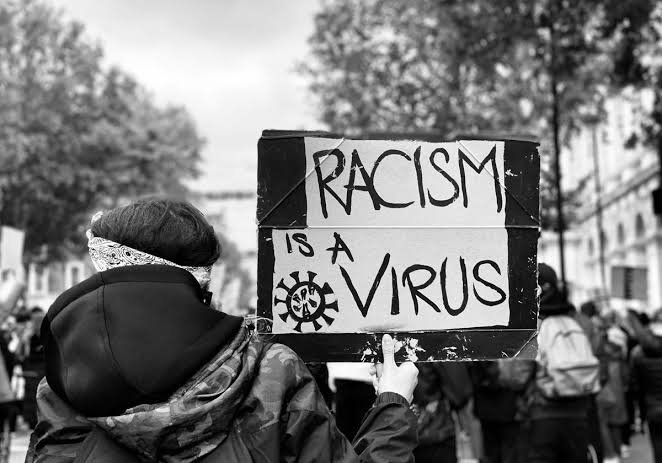Racism can have a number of negative impacts on individuals and society as a whole. It can lead to discrimination and mistreatment of certain groups, which can result in negative physical and mental health outcomes. Racism can also lead to social and economic inequality, which can harm entire communities.
Racism can contribute to a culture of fear and mistrust, which can further divide society. In the worst cases, racism can even lead to violence and genocide. It's important to actively work against racism and promote equality and understanding among all people.
Racism is a harmful and destructive belief system that is detrimental to individuals, communities, and society as a whole. It is based on the false notion that some people are inherently superior or inferior to others based on their race. Racism leads to discrimination, which can result in mistreatment and marginalization of certain groups, and can have a wide range of negative consequences such as:
Physical and mental health issues
Economic and social inequality
Loss of opportunities and resources
Fear and mistrust among different groups
In worst cases, it can lead to violence and genocide
Therefore, it is important for everyone to condemn racism and actively work to dismantle it. This can include educating ourselves and others, challenging racist attitudes and behaviors, and supporting policies and initiatives that promote equality and understanding.
By standing against racism, we can create a more just and equitable society for all.
